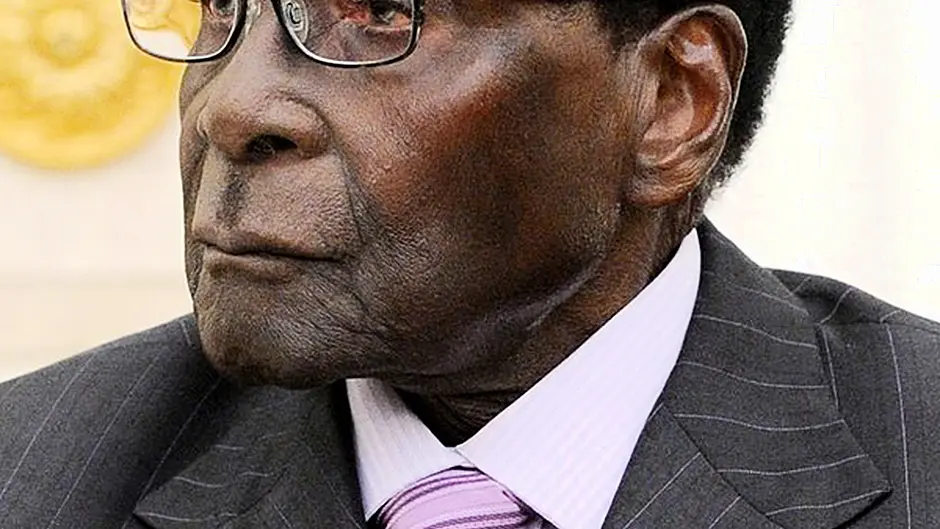ICSA's rural development chairman Seamus Sherlock has branded calls by economics journalist and author David McWilliams to tax land to the hilt as ‘the sort of populist nonsense that would be more at home in Robert Mugabe's Zimbab
ICSA’s rural development chairman Seamus Sherlock has branded calls by economics journalist and author David McWilliams to tax land to the hilt as ‘the sort of populist nonsense that would be more at home in Robert Mugabe’s Zimbabwe and we all know how that has panned out.’
Mr Sherlock said extraordinary comments by Mr McWilliams, which describes land as a ‘useless asset which generates no innovation, no creativity, no enhanced productivity’ ignored the fact tha,t outside of the cities, land in Europe is used not only to feed the population but is also the basis for attracting tourists, is a store for carbon and is increasingly used as a source of renewable energy.
‘During the crash when this country was at risk of going under, farmers kept their shoulders to the wheel and used the land to increase our agri-food exports year after year to some €11.15 billion in 2016. This would not have been possible if we had taxed land to the hilt or dismissed it as useless,’ he pointed out.
‘Unlike other sectors, the value of agri-food exports has minimal import content and has a trickle down benefit to all rural communities rather than being repatriated internationally.
‘Far from analysis, Mr McWilliams’ article (Irish Independent, September 23rd) is redolent of the kind of thinking based on begrudgery that inspired Robert Mugabe’s thugs to take over farmland in Zimbabwe which has resulted in the large-scale displacement of some of Africa’s most successful farmers.
‘While there may well be a case to incentivise the development of inner city sites in Dublin for housing, this is no excuse to impose another burden on hard working farmers in rural Ireland who are already under severe income pressure.’







